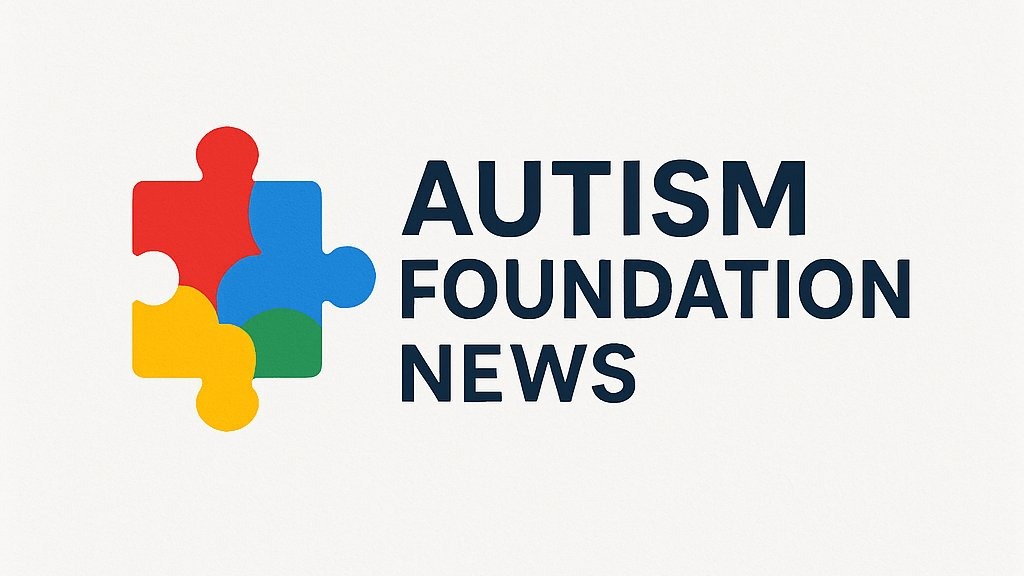
Understanding Autism Through Inflammation
In a recent Instagram Live session, Dr. Theoharis Theoharides, an esteemed expert on autism and neuroinflammation, shed light on a frequently overlooked aspect of autism: the potential impact of neuroinflammation on children's behavior. The discussion was not just academic; it resonated with the many parents grappling with the myriad challenges that come with autism. Dr. Theoharides emphasizes that while autism itself is not a disease, understanding its intersection with neuroinflammation could unlock new doors for managing symptoms and improving quality of life.
Exploring the Link: Autism, Allergies, and Neuroinflammation
One of the most vital points raised during the session was the connection between autism, allergies, and inflammation. Dr. Theoharides discussed how mast cells, often associated with allergic responses, release inflammatory molecules that can impact the brain. For parents, this insight is crucial: it suggests that addressing allergies might not only mitigate discomfort but could also provide neurobiological benefits for their children. In fact, many children on the autism spectrum also face conditions like asthma or eczema, hinting that managing these comorbidities could have a positive effect on autism-related challenges.
The Role of Genetics and Environmental Factors
The session further delved into the genetic aspects of autism. MTHFR mutations, for example, can complicate how the body processes essential nutrients, such as folate. Parents are encouraged to consider testing for such mutations as part of a comprehensive approach to their child’s health. Dr. Theoharides recommended the FRAT test to ascertain potential folate receptor issues, highlighting how genetics interacts with environmental factors like stress and inflammation to influence behavior and health outcomes.
Decoding Neuroinflammation: Signs and Symptoms
Recognizing neuroinflammation in children is crucial for proactive management. Signs like behavioral regression, gastrointestinal issues, and sensory sensitivities can indicate systemic inflammation. Dr. Theoharides provided a detailed list of blood tests that can help detect these inflammatory markers, strengthening the argument for a more hands-on approach to monitoring health in children with autism. Knowing what labs to ask for can empower parents to advocate effectively for their child’s ongoing health needs.
Natural Strategies for Reducing Neuroinflammation
Perhaps one of the most uplifting moments during the session was Dr. Theoharides’s discussion of natural remedies for reducing neuroinflammation. He recommended a combination of folinic acid and methylfolate as effective supplements, alongside lifestyle tweaks like incorporating luteolin-based flavonoids (found in products like NeuroProtek®) and ensuring sufficient Vitamin D3 intake. These insights can offer families hope, providing them with concrete steps they can take to support their child's health holistically.
The Vaccine Debate: Navigating Through Concerns
The discussion also touched on vaccines, an emotional topic for many families. Dr. Theoharides expressed that while vaccines are essential for health, attentiveness to individual children’s immune health can help manage sensitivities. Spacing out vaccinations and monitoring any adverse reactions can minimize stress on an already challenged immune system, a gentle reminder of the blend of caution and care required in navigating healthcare decisions.
Finding Community and Shared Experience
For parents and caregivers, knowledge is only part of the journey; the shared experiences of others greatly enhance understanding. Many parents feel isolated in this journey, and discussions like Dr. Theoharides's help build a supportive community. Families are encouraged to share their stories, reinforcing that they are not alone in their struggles and triumphs. Mental wellness is intertwined with community support, highlighting the beauty of connection in the face of challenges.
Through Dr. Theoharides's insights, we gain valuable knowledge that empowers families. By understanding the role of neuroinflammation in autism, parents can take actionable steps to enhance their child’s quality of life. Whether it’s through dietary changes, medical testing, or simply finding solidarity in shared experiences, each family's journey is unique, yet echoed in the communities we build.
Empowerment Through Knowledge
As we continue to discuss autism and its intricacies, it's essential for parents and caregivers to remain informed. Engaging with experts, participating in community discussions, and sharing personal experiences can illuminate pathways to improved health for autistic children. This knowledge is empowering; it opens doors to solutions that improve not just the lives of children but entire families.
Stay informed, connect with others, and don’t hesitate to reach out for help in navigating this complex landscape of autism and health.
 Add Row
Add Row  Add
Add 




Write A Comment